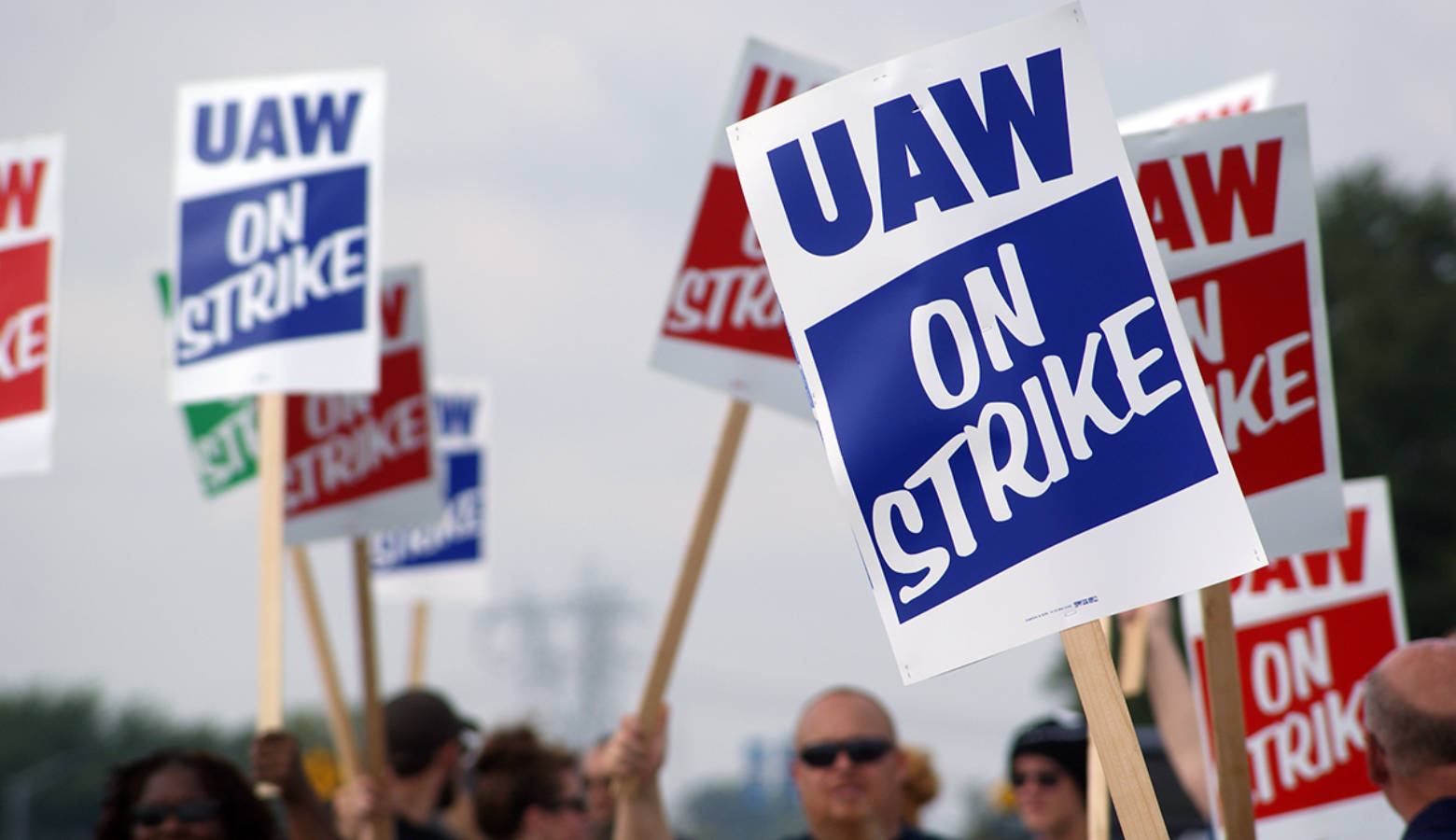Economist: UAW Strike Critical Test For Union, But With Long Term Effects For Economy

An Indiana economist says the United Automobile Workers strike against General Motors comes at a pivotal moment for the union.
The UAW lost about 35,000 members across the country last year. National leaders of the union say they called a strike to fight for a four-year contract that would give union workers higher wages and additional job protections at a time when the manufacturing industry is seeing reduced growth.
Ball State economist Michael Hicks says the union’s new contract with automakers will be a critical test for the UAW to show its value and maintain members.
“That’s the existential crisis of the UAW, is driving the need for them to be pressing for better wages and longer-term contracts for their members,” says Hicks.
He says securing greater job stability for workers will be a challenge. With a slowdown in manufacturing, Hicks says “that’s the one area GM can’t afford to give up in.”
The strike has now run longer than the union’s last strike in 2007 and Hicks believes it could have long-term effects for the state’s economy. He says any further economic slowdown, including the effects of the strike, will likely hit Indiana and other Rust Belt states harder than other parts of the country.
“If this was 18 months ago, or 24 months ago, this would be hardly noticeable to the U.S. economy,” says Hicks. “But for the Midwest, which is bearing almost the full brunt of the trade war right now, this is just a more painful experience.”
He says even if the strike were to end soon, the impact will be felt well after.
Contact Samantha at shorton@wfyi.org or follow her on Twitter at @SamHorton5.

